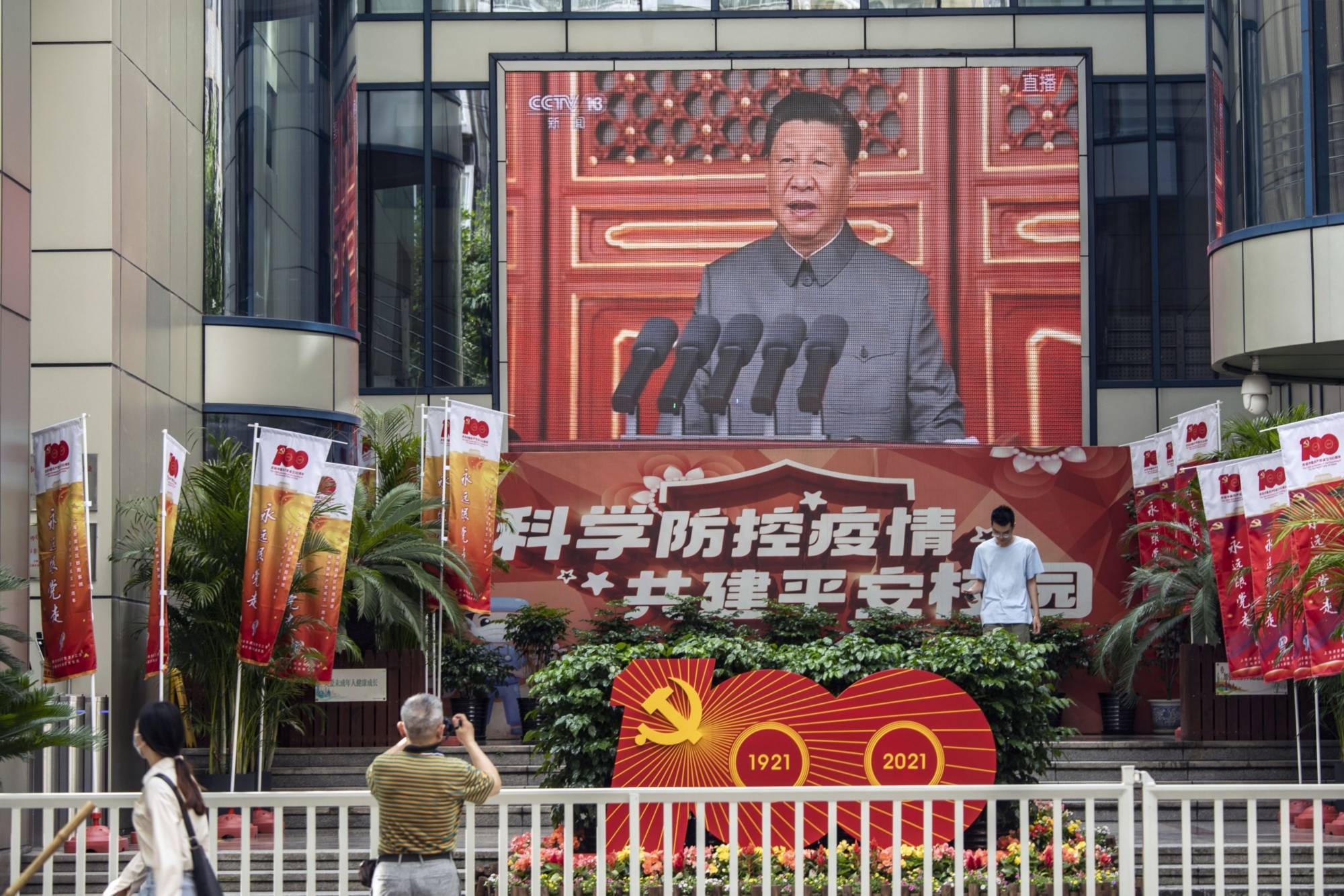China Huarong Asset Management Co. ultimately proved too big to fail, but its protracted bailout process demonstrates Beijing’s determination to punish creditors who ignore risks in heavily indebted companies.
The almost five-month saga triggered some of the most extreme swings ever for an investment-grade Chinese bond issuer, changing the way even seasoned money managers evaluate the nation’s $12 trillion credit market. While some Huarong bonds rallied to 97 cents on the dollar after the company unveiled a recapitalization by state-backed investors late Wednesday, the rescue came too late for many bondholders who sold at heavy losses earlier this year.
For President Xi Jinping’s government, there’s a lot to like about a Huarong resolution that introduces more market discipline without the need for a messy default that could stoke broad financial contagion. The risk is that this muddle-through strategy — and Beijing’s opaque approach to dealing with troubled borrowers — drives away investors who want more clarity on the rules of the game in Chinese credit.



















With your current subscription plan you can comment on stories. However, before writing your first comment, please create a display name in the Profile section of your subscriber account page.